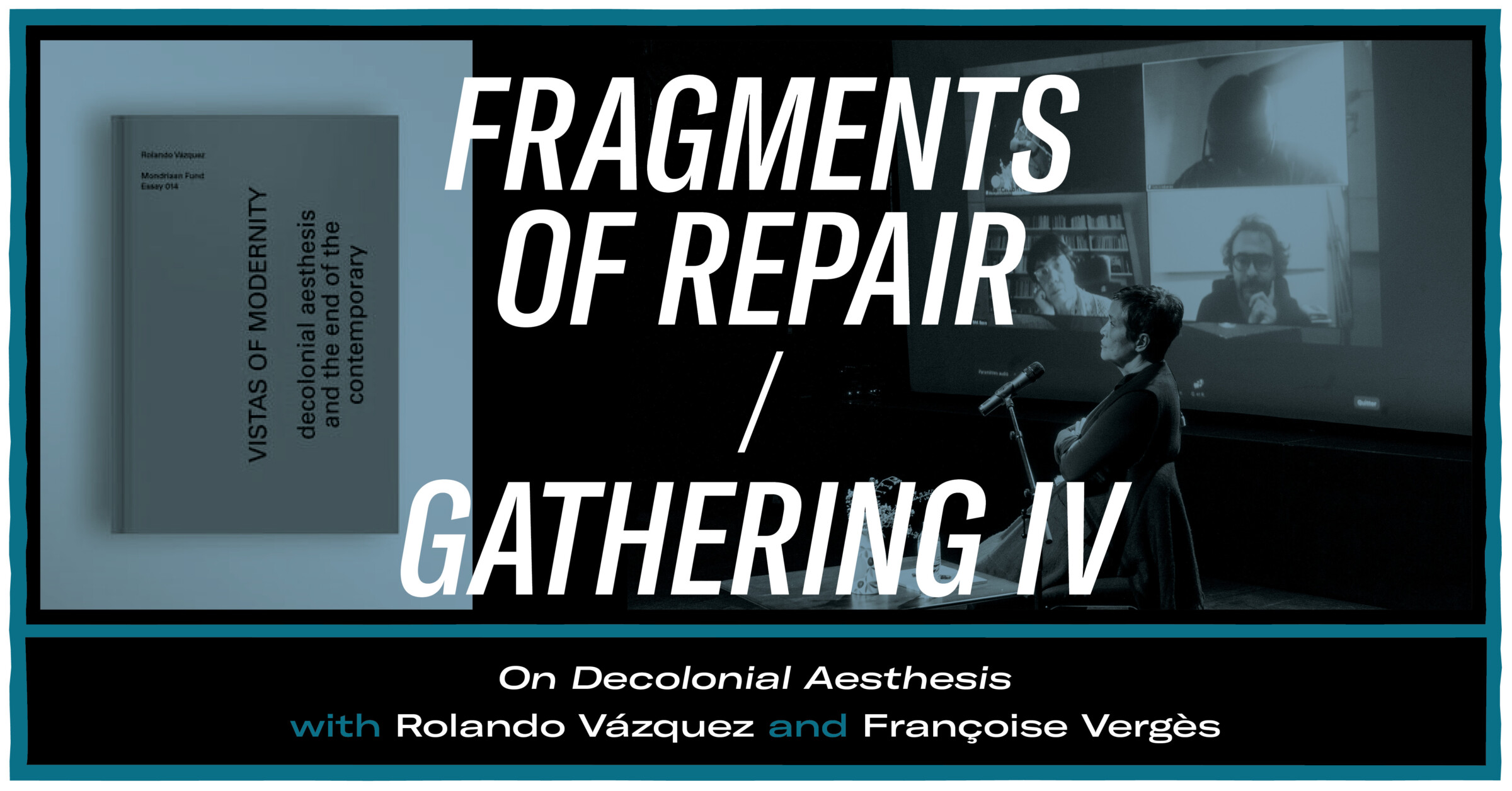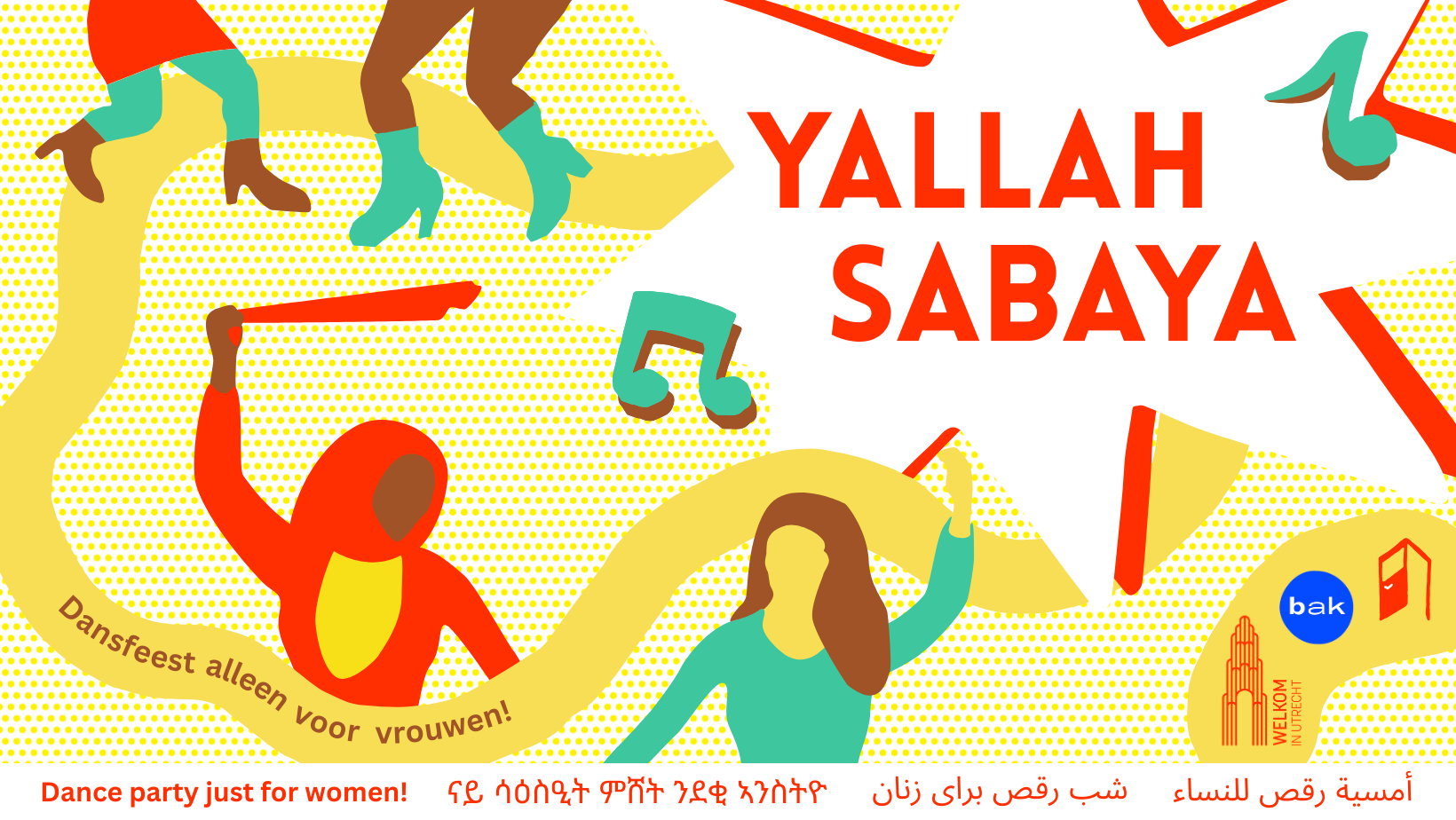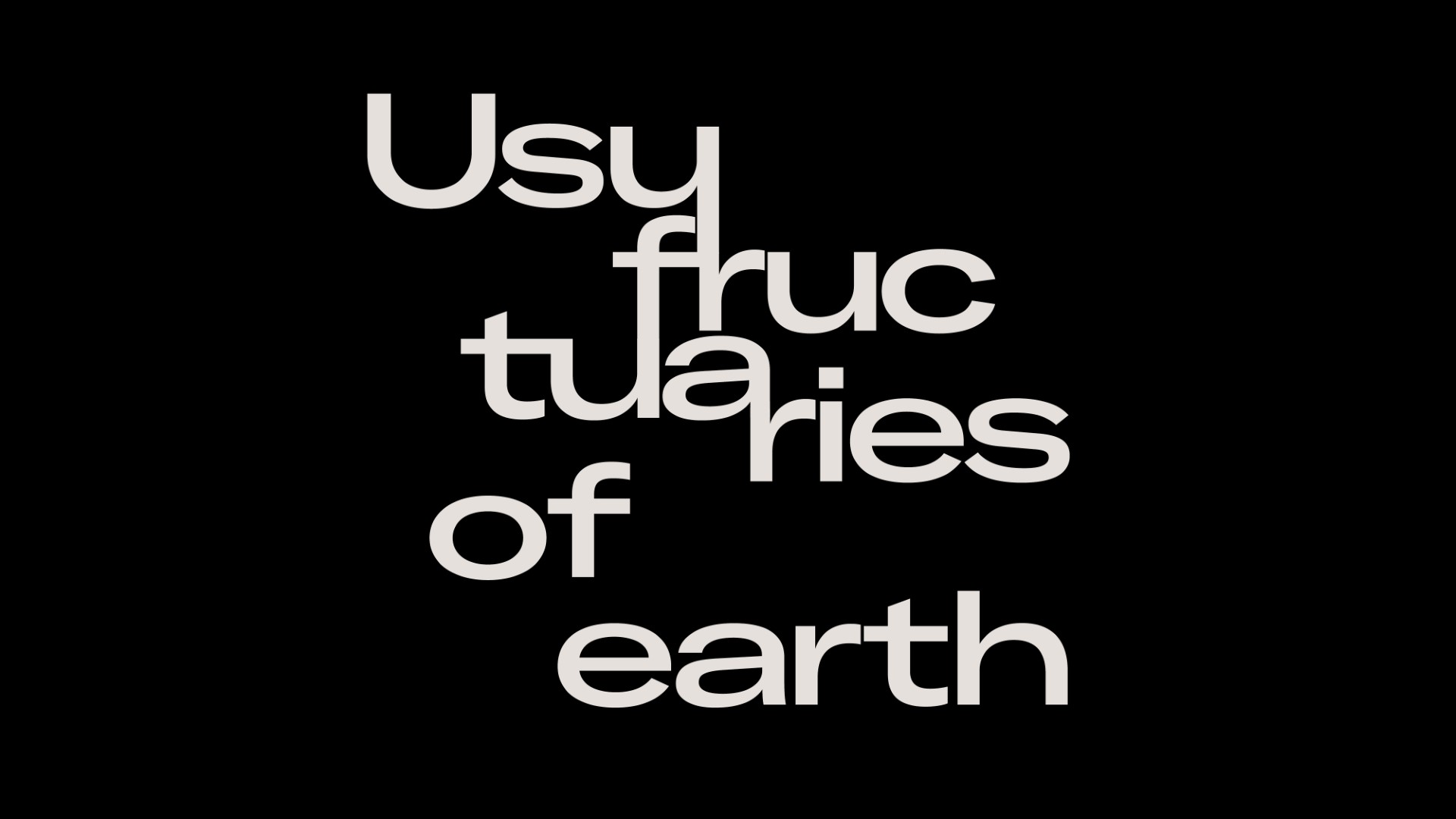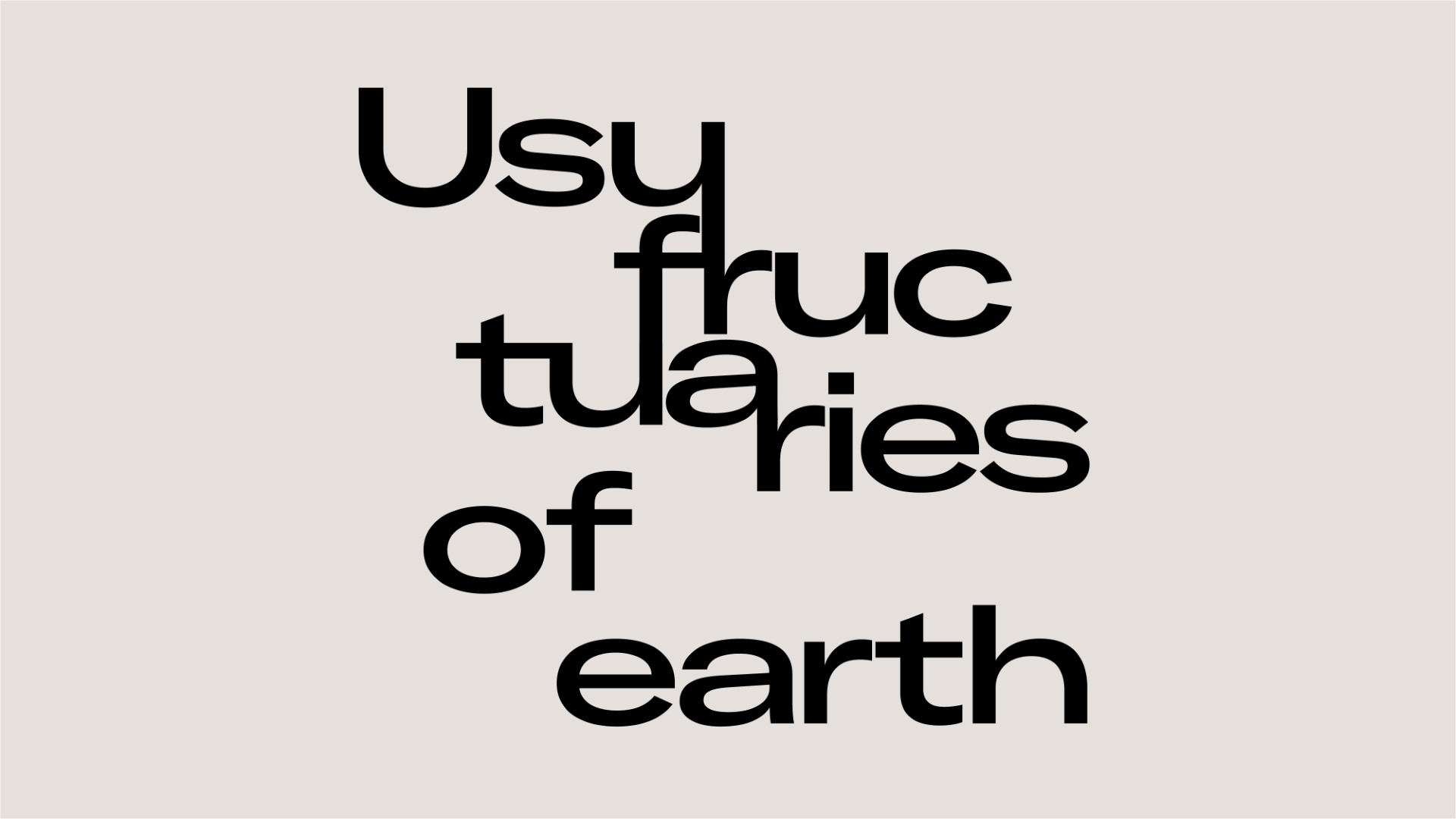Fragments of Repair/Gathering IV: On Decolonial Aesthesis
A public program realized in the framework of the multi-part project Fragments of Repair

Left: Book cover Vistas of Modernity – Decolonial Aesthesis And The End Of The Contemporary by Rolando Vázquez, 2020 / Right: Françoise Vergès speaking from La Dynamo, Pantin, Paris during the opening of Fragments of Repair, 17 April 2021, image courtesy La Colonie
Broadcast live from BAK, Utrecht and Paris
Taking place on 10 June 2021, the fourth gathering of Fragments of Repair/Gatherings, On Decolonial Aesthesis, features a talk by sociologist and decolonial thinker Rolando Vázquez (Utrecht), on the concept of decolonial aesthesis. Afterwards, Vázquez is joined in conversation by political theorist, feminist, and decolonial activist Françoise Vergès (Paris) and poet and art critic Chris Cyrille (Paris), convenor & participant, respectively, of the La Colonie Nomade study program, taking place in Paris as part of Fragments of Repair.
In his talk, Vázquez introduces the question of “decolonial aesthesis.” The talk explores why we need to decolonize aesthetics? While today it is well accepted that it is necessary to decolonize epistemologies, the question of decolonizing aesthetics has been underestimated. We then address the modern/colonial order of aesthetics, not just as something that concerns the arts, but most importantly as the field in which the control of the representation and our experience of the world is at stake. Overcoming the modern/colonial order of aesthetics has become an important concern for decoloniality. This process comes together with the challenge of attaining the end of the contemporary, that is of delinking from the politics of time that keeps on reproducing colonial difference. Instead of an endless search for radical innovation, decolonial aesthesis orients itself towards the task of healing, of justice, and of recovering relations with Earth, the communal, and time that have been severed by the logic of modernity.
Video registration of this program:
—
Register
Registration Online Tickets
To join the program online, register tickets via the “Tickets (Online)” button above.
There are several ways to join the gathering. Please join us free of charge by selecting the “solidarity ticket” option. If you are able and willing to support BAK’s program’s financially, please consider selecting the “regular ticket” (€ 4) or ” student ticket” (€ 2) option. In the check-out screen, additional donation options (starting from €2) to support BAK are available.
After registration, you will be sent the link to the Zoom webinar.
Registration In-Person Tickets
With the latest easing of the Covid-19 lockdown, we can receive some visitors in person, at BAK in Utrecht. Want to join the gathering in person? Register tickets via the “Tickets (In Person)” button above. Please arrive 10 minutes early so we can safely guide you to your seat. We have some Covid-19 guidelines in place to make sure your visit is as safe and pleasant as possible.
Please note: to visit exhibition Fragments of Repair/Kader Attia, it is required to book a separate ticket and time slot.
Program
Thursday 10 June 2021,
18.30–20.15 hrs
(All times are Central European Summer Time/CEST)
18.30 hrs
OPENING WORDS OF WELCOME
Wietske Maas
18.45 hrs
LECTURE
On Decolonial Aesthesis
Rolando Vázquez
19.30 hrs
CONVERSATION
Rolando Vázquez, Françoise Vergès, and Chris Cyrille



